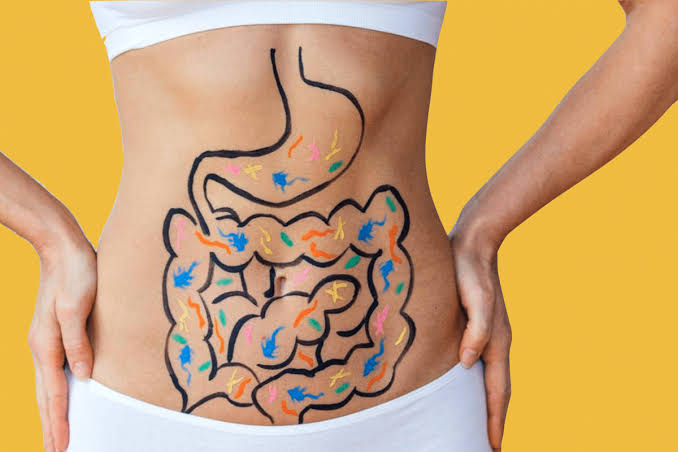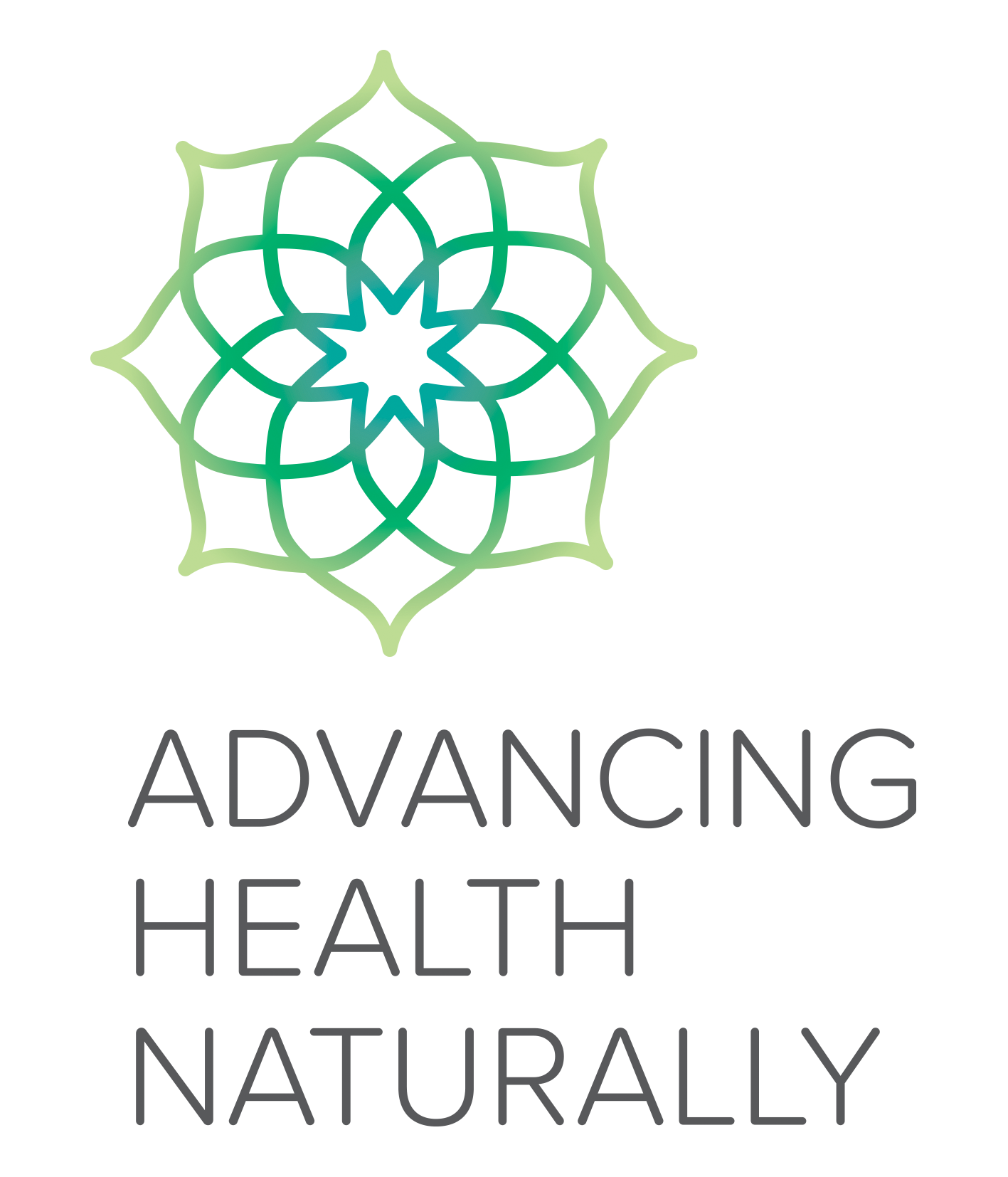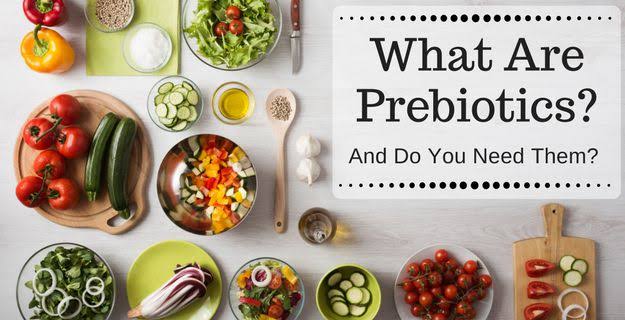The gut biome is such a big deal because it isn’t limited to gut health. Its far-reaching effects on the body as a whole are big. And profound. The gut biome can support your immune system. Your heart. Your metabolism. And much, much more. In fact, some researchers have started calling the gut biome the “second brain” – probably for good reason.
In essence, your gut biome is made from bacteria, and other microscopic living things – which admittedly sounds gross, but it’s not. These bacteria regulate, shape, and determine how we digest our food, our immune response, and they also have a hand in helping us maintain a healthy weight. These bacteria are divided into two groups: probiotics and prebiotics. You’ve likely seen probiotics everywhere: advertised in the yogurt section of the local grocery store and featured in a lot of popular drinks. Probiotics are largely responsible for restoring the gut’s natural flora. They’re great.
But what about prebiotics? They’re largely unheard of, but they might be better for you than their more heralded sibling.

That’s because the gut biome is more complicated. Much more complicated than simply adding “good bacteria,” or probiotics. And that’s where prebiotics come in.
Prebiotics might not get the same street cred as probiotics, but they’re actually much better at promoting proper gut function as a whole. Put simply, they work with the diverse bacteria within your microbiome to help them grow and function. So although probiotics and prebiotics might sound nearly identical, they serve completely different functions. And here’s why you should consider reaching for probiotics AND prebiotics.
PREBIOTICS AND PROBIOTICS WORK BETTER TOGETHER.
Think of prebiotics and probiotics as a garden. Probiotics plant the seeds, giving your gut biome the good bacteria it needs. Prebiotics are the fertilizer, giving those bacteria, in turn, the food they need to thrive and do their job. Like a one-two punch for you gut (but in a good way), prebiotics and probiotics are better when they’re taken together.

PREBIOTICS ARE PROBABLY SITTING AROUND YOUR KITCHEN.
Unlike probiotics, you may not need to buy something special. That’s because they’re found in some fairly common foods, including:
- Mushrooms
- Apples
- Potatoes
- Garlic
- Leeks
- Onions
- Artichokes
- Asparagus
This makes prebiotics not just tastier – but a far more affordable option to your daily health routine. No more buying expensive yogurt or trendy drinks. Just open the cupboard and make yourself a healthy meal.
As you build your daily health regimen it’s easy to ignore your gut biome because it works largely unnoticed in the background. But please don’t. A healthy gut means a healthy brain, immune system, and heart. Fortunately, the solution is even easier. Add some prebiotics. Your body will thank you.
Find out how our PhysIQ Prebiotic can help you.
Find out how our ProBIO Probiotic can help you.
ProBio provides 6 Billion CFUs* of healthy bacteria to support optimal digestion.


